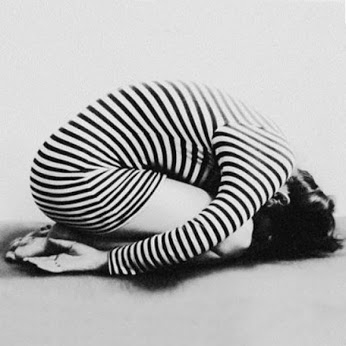In today’s frantic world, we are constantly pressured to multitask in order to get everything we have on our to-do list done. However constant multitasking isn’t good for us. In fact, it can drain our energy, increase stress, and overtime, leaves us feeling chronically scattered in the mental department.
Luckily for us, the human brain is amazing. It does a great job of processing the continuously shifting information we take in. But according to neuroscience, flipping from task to task comes at a cost to our overall sense of well-being. Why? Because when our brains are confronted with too much information to process, we can struggle to filter the trivial from the important. As it turns out, all of the attention filtering and decision making that we do in a bid to increase productivity, is actually leaving us fatigued and frazzled.
Think of it this way, every status update you read on Facebook, every tweet or text message you get from a friend, is competing for attention from your brain. Competing with more important things like what you should do with your savings, where you left your passport, or how to best patch things up with a close friend you just had an argument with.
But what to do? With life pushing us this way and that, with the endless commitments to our friends, family, jobs, school … what can we do to give our brains a competitive edge? The answer is paradoxical in many ways. To achieve greater success, we need to rest. No, we don’t suggest you make like a movie star and hit the Mediterranean (if only!) but instead, just take a little time out to do nothing. NO. THING.
Put away all of your devices, Switch off the TV and the radio, don’t eat, don’t drink, don’t even read a book. Then go somewhere quiet you won’t be disturbed for five minutes and become intensely aware of your 5 senses: sight, sound, smell, taste and touch. Give each sense 1 minute of your undivided attention. That’s it. Done. Your mind will thank you.
No time to stop? Consider this: there are 1440 minutes in a day, this activity requires 5 of them.
And if you need any further convincing, simply ask yourself: “How valuable is my mind?”
Mindfulness and meditation practice, no matter how simple, affords us the opportunity to increase our awareness. This allows us to shift our perception and see how our minds are fashioning the meaning of events that constantly take place around us. Over time we begin to see that the beliefs we have around any particular event, ultimately, leads to how we construct the meaning of our lives. In essence, with awareness, we can re-frame our thinking.
Click here to contact us and discover the many ways we can help you achieve more balance and ease in your life.











